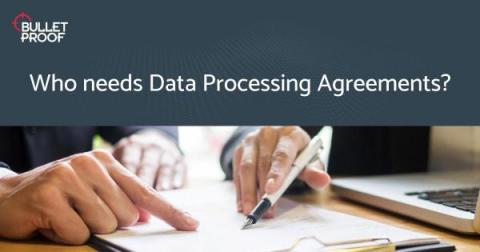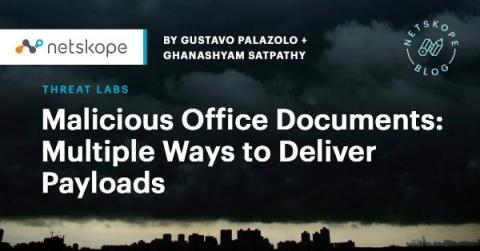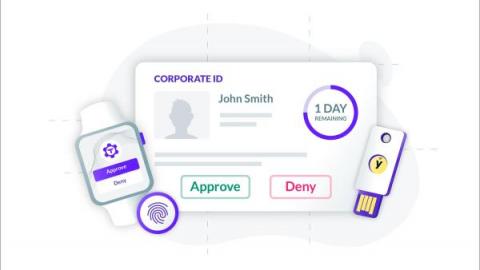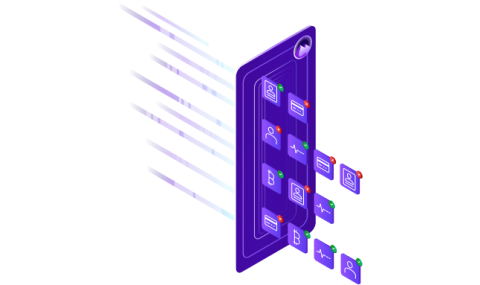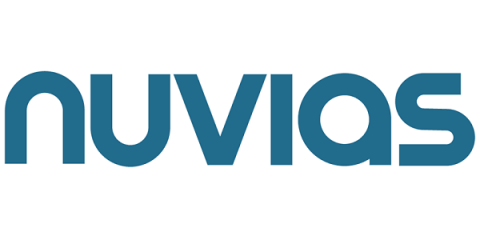Security | Threat Detection | Cyberattacks | DevSecOps | Compliance
Latest News
What are Data Processing Agreements?
No-one would lend or borrow money without expecting some form of agreement to be in place covering the term, the interest, the repayments and so on. Even lending the garden hose to a neighbour comes with an expectation of it being returned at some stage and being returned in the state that it was lent.
Weekly Cyber Security News 19/11/2021
A selection of this week’s more interesting vulnerability disclosures and cyber security news. For a daily selection see our twitter feed at #ionCube24. WordPress is wonderful – it has transformed web site development for those without a good developer and a budget. However plugins continue to remain a problem and rather than actually going through with a serious attack, a spate of faked attacks via flaky plugins are on the rise once again.
Malicious Office Documents: Multiple Ways to Deliver Payloads
Several malware families are distributed via Microsoft Office documents infected with malicious VBA code, such as Emotet, IceID, Dridex, and BazarLoader. We have also seen many techniques employed by attackers when it comes to infected documents, such as the usage of PowerShell and WMI to evade signature-based threat detection. In this blog post, we will show three additional techniques attackers use to craft malicious Office documents.
It's Time to Get Rid of Passwords in Our Infrastructure
Passwords are everywhere. Sometimes they are obvious — hardcoded in the code or laying flat in the file. Other times, they take the form of API keys, tokens, cookies or even second factors. Devs pass them in environment variables, vaults mount them on disk, teams share them over links, copy to CI/CD systems and code linters. Eventually someone leaks, intercepts or steals them. Because they pose a security risk, there is no other way to say it: passwords in our infrastructure have to go.
PCI Data Discovery Tools: Keeping Sensitive Data Protected Within Your Organization
The rules set forth by PCI-DSS can seem complicated. Four levels, 12 requirements, multiple credit card brands: it’s easy to get lost in the details of PCI-DSS requirements. However, merchants who fail to meet the PCI compliance standard face heavy consequences. Not only do these companies put their customer data at risk, they also may face hefty fines that can range from $5,000 to $100,000 per month.
Redacting Sensitive Data in 4 Lines of Code
In this tutorial, we’ll demonstrate how easy it is to redact sensitive data and give you a more in-depth look at various redaction techniques, how Nightfall works, and touch upon use cases for redaction techniques. Before we get started, let’s set our Nightfall API key as an environment variable and install our dependencies for our code samples in Python.
Emotet returns: 5 key questions to answer
Nuvias Group Further Invests in Cyber Security and the BeLux Market with Deltalink Acquisition
Privileged account management challenges: comparing PIM, PUM and PAM
Most cyberattacks originate outside the organization. Numerous articles, vulnerability reports, and analytical materials prove this fact. External attacks are usually carried out based on the following scenario: Obviously, it is impossible to provide protection at all stages of an attack using only one type of protection. It is tough to do without a dedicated team and security solutions like firewalls, intrusion detection, antiviruses and more.



